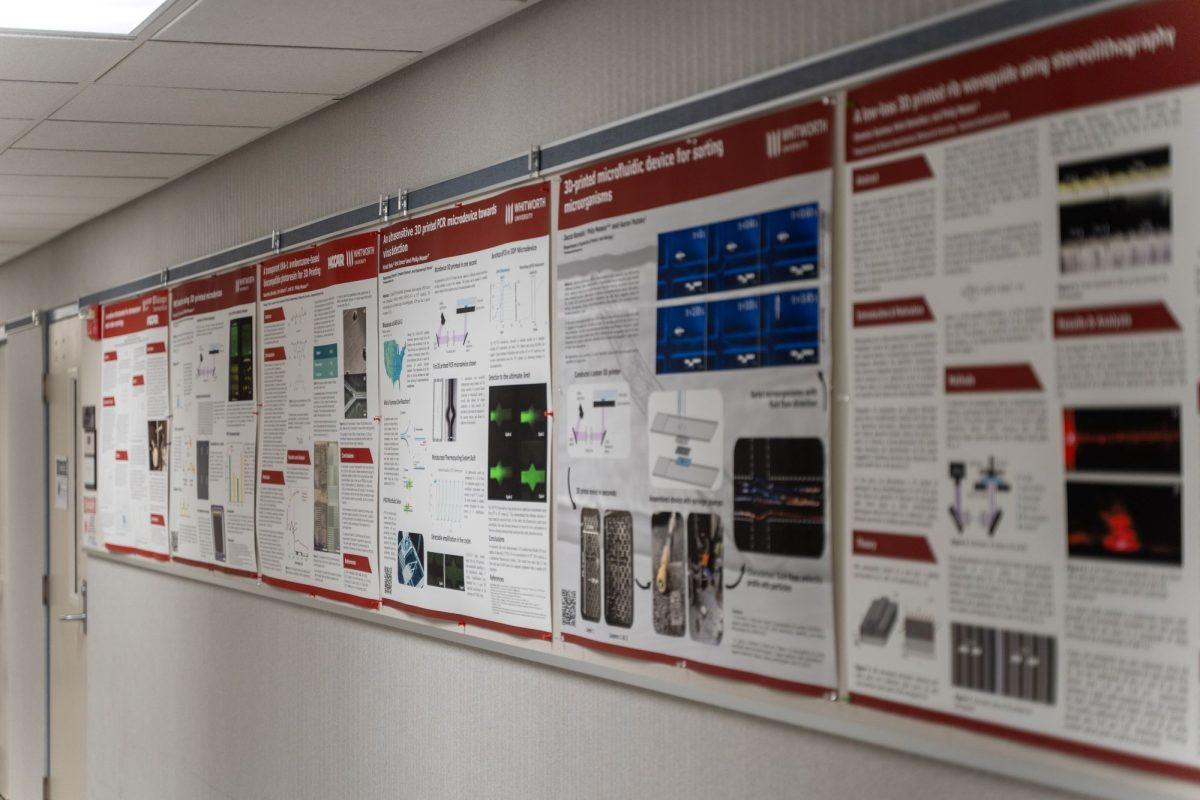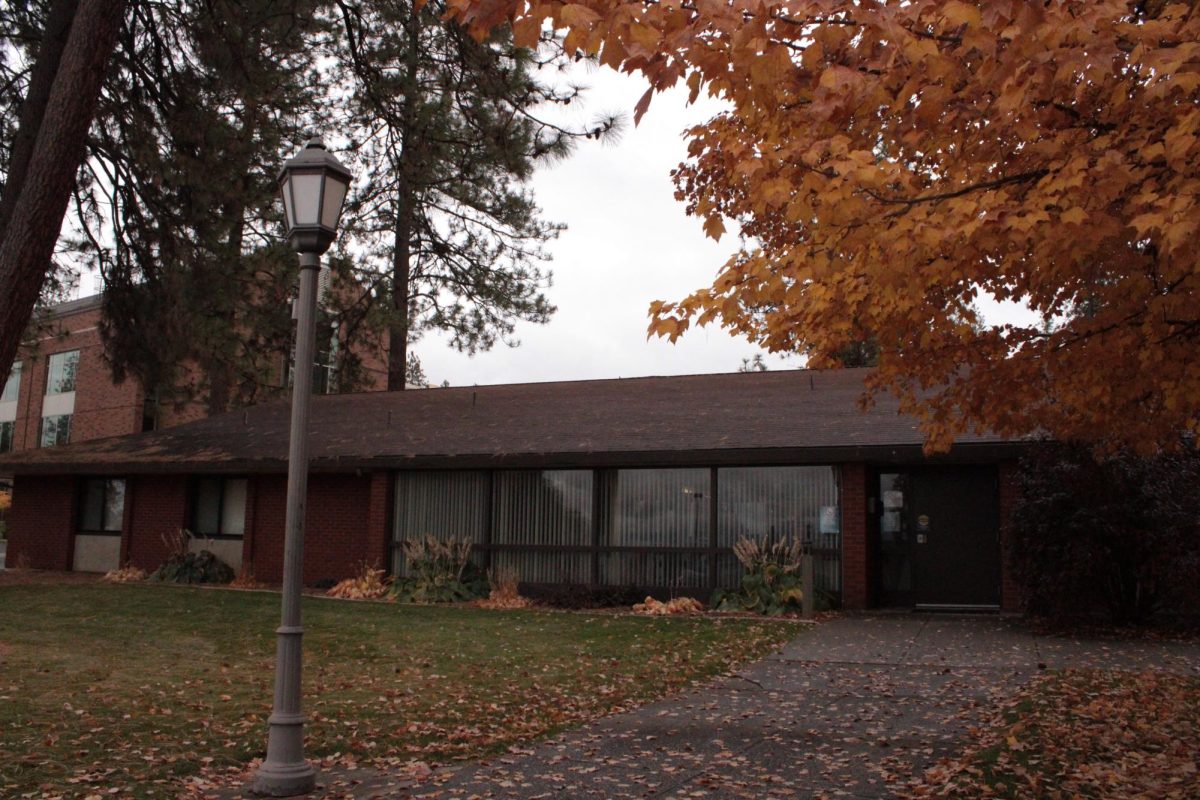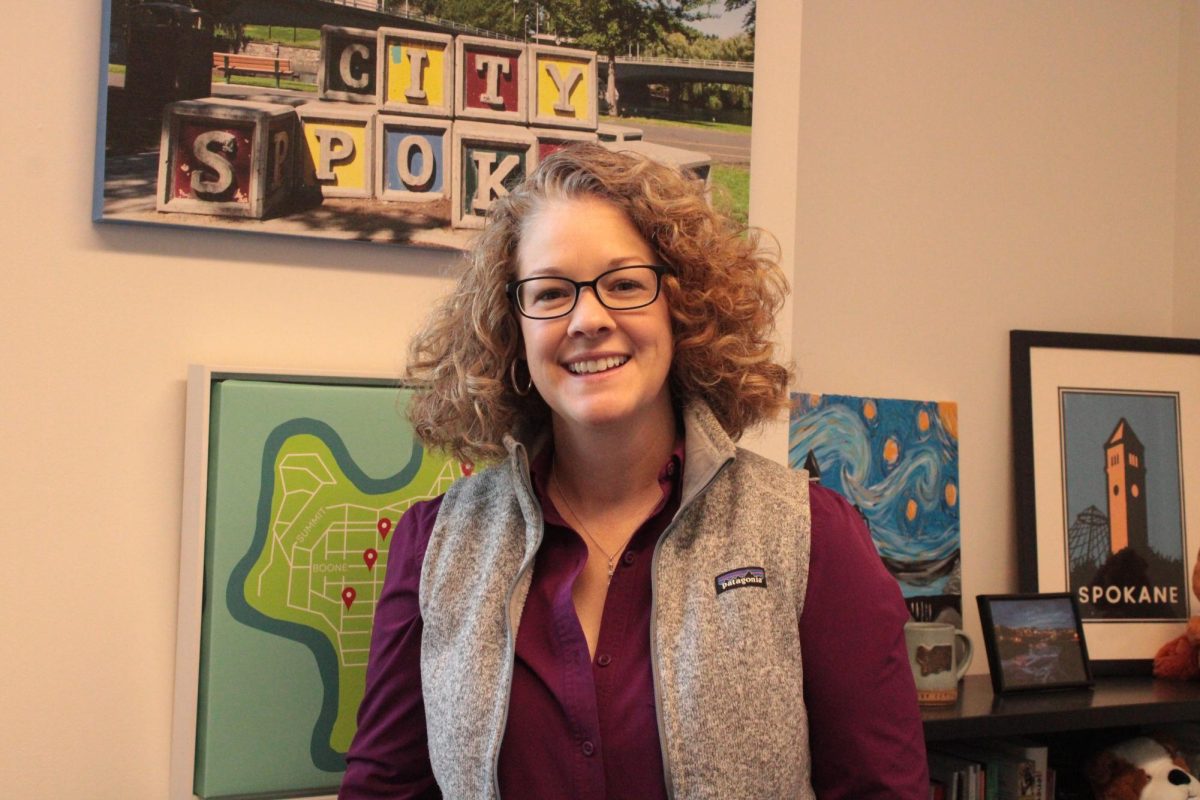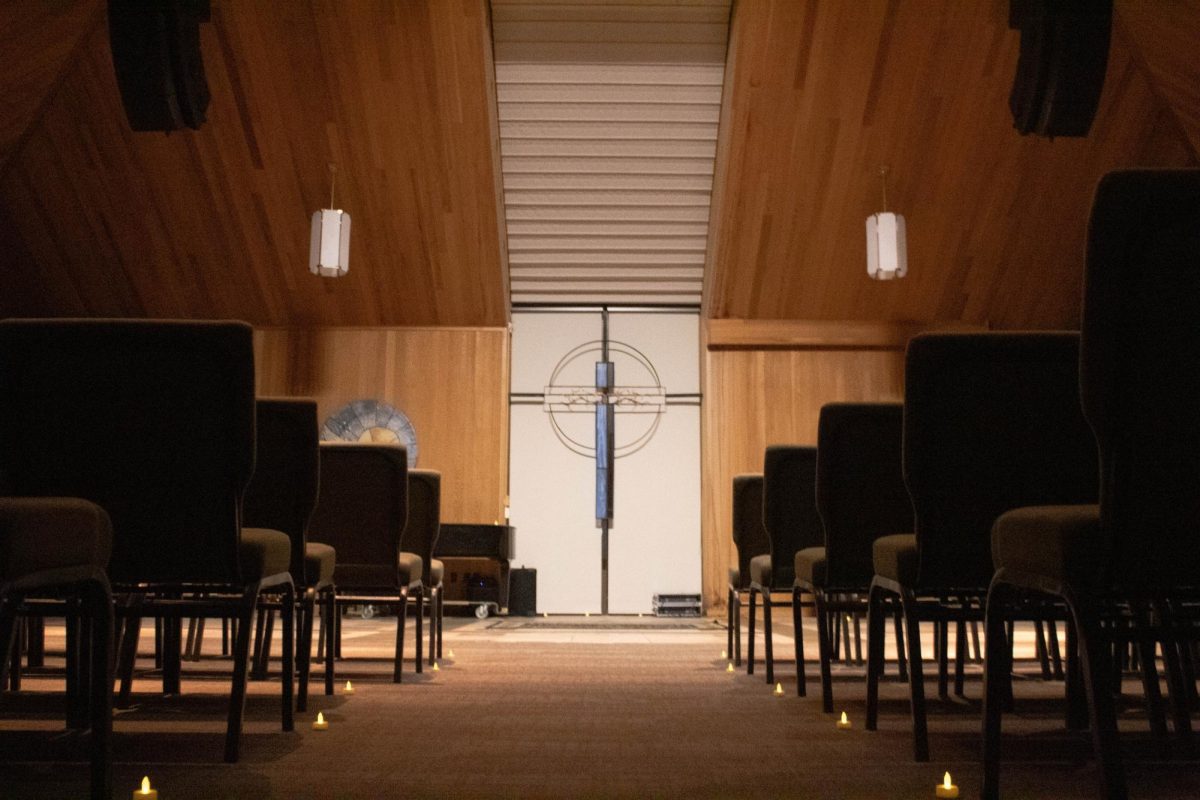
This year, Whitworth University is going to run a financial deficit. This is not unexpected to Kenneth Brown, the vice president and chief operations officer at Whitworth. According to Brown, the long-term solution is raising enrollment and retention, but additional actions can be taken now to help with the deficit.
Brown’s position includes finance and administration, human resources, security, information systems and communication with President Scott McQuilkin on other Whitworth dynamics. Brown spent a lot of time predicting what future enrollment and costs will look like, and he has hope that Whitworth will soon be without a financial deficit.
Whitworth’s budget was greatly impacted by the COVID-19 pandemic when enrollment dropped. From 2019 to now, Whitworth is down 20% in student enrollment and student credit hours, which has a great impact on the revenue of the university.
According to Brown, Whitworth’s main source of funding is through enrollment and retention, so the drop in both of those factors had a great impact on Whitworth’s financial situation. The two years preceding the pandemic were the two highest enrollment classes ever, which was fortunate in helping soften the blow that the pandemic had on enrollment.
There was a bit of a decline in enrollment in the fall of 2020, but the unexpected hit was in the fall of 2021, with even fewer people enrolling, which according to Brown was a universal experience for many colleges and universities. The fall of 2021 saw the smallest amount of enrolling students in about 20 years, explained Brown.
The class entering Whitworth in fall 2022 had more students in it, but the consequence of low enrollment is that it has a four-year impact, and each class of smaller enrollment effects finances for each year it is at the university. Brown predicted that enrollment and retention will increase each year as time goes on, with hopefully 575 new students next fall, 600 new students the following fall, and so on.
Since the pandemic, cost-saving measures have been implemented to save Whitworth money. For instance, $800,000 of money allotted for projects around Whitworth has been put on hold. So far, $200,000 has been saved by limiting travel (for conferences or other activities) for staff, administration and faculty. The Costa Rica center has been leased, the insurance portfolio has been analyzed and staff layoffs occurred to work with a limited budget.
Even though the budget has been lowered, Brown aimed to ensure that nothing is cut from Whitworth that will impact its ability to be a successful school. For instance, the new engineering building will be breaking ground soon, hopefully drawing more students to campus.
Because the goal is still enrollment and retention, Whitworth is keeping students’ needs and wants a priority.
“Our goal, even if we’re trying to save money, is to still provide a quality education and experience for students while they’re here,” said Brown.
Brown is grateful to staff and faculty for working within the tighter budget. Since Whitworth’s goal is raising enrollment and retention, helping visitors feel welcome is a priority. “It is important for students to get a sense that they can be included; that they’ll belong if they come here,” said Brown.
He hopes to see Whitworth busy in the ways it was before the pandemic. “I’d rather see the dining hall a little crowded rather than a little empty. I’d rather see the dorms full. I’d rather see the Loop active, students having to squeeze by each other in hallways. […] It’s just more energy when that happens,” said Brown.
To find more information, go read Whitworth’s Annual Report for 2023.


















 Spokane?
Spokane?